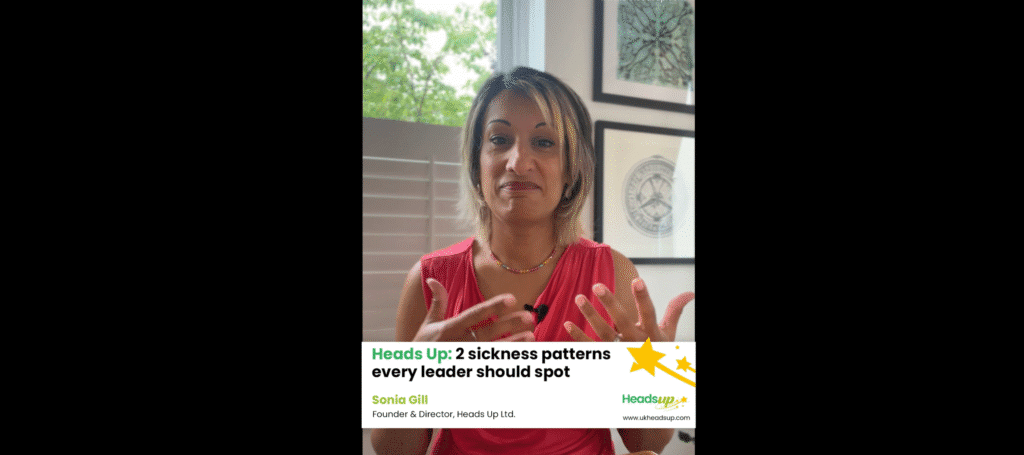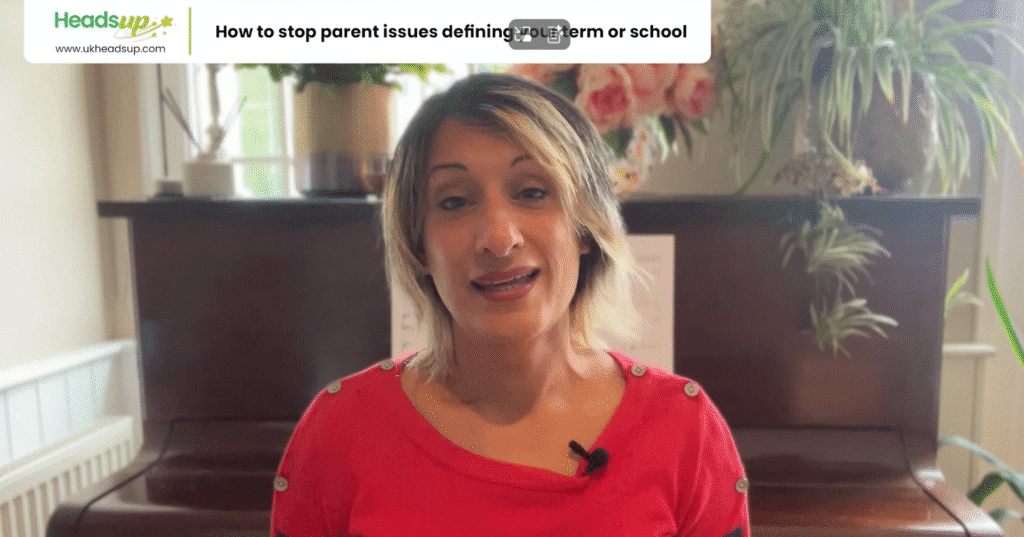Blog

School plays.
Religious festivals.
End-of-term deadlines.
And Christmas chaos on top.
Everyone’s busy. Everyone’s tired.
Here’s a light-touch wellbeing boost that works — without burning you out

It’s that time of year again.
The bit between half term and Christmas — when coughs, colds, and viruses seem to sweep through schools (it even got me!).
And while most absences are completely genuine, it can still feel frustrating and exhausting — especially when you’re already running on fumes.

Is morale dipping? And the usual things aren’t working?
Morale isn’t built in away days, sugar highs, or quick “pick-me-ups.” Those can be nice in the moment — but they fade fast.
Lasting morale comes from tiny moments of care, consistently given. Things that tell your team: “I see you, I value you, and I’m here with you.”

How healthy is your school — not in fruit bowls and yoga mats, but in the strength of your team?
You see, every school has an organisational health check hiding in plain sight.
There are two numbers that tell you more than you might think. Numbers you already have, but probably don’t look at in this way.
In this week’s short video, I’ll show you:
What those numbers are
Why they’re powerful indicators of organisational health
And how you can use them to get perspective on where your school really stands
It’s simple, practical — and might just change how you see your school’s data.

Feeling like things have gone a bit wobbly lately?
Maybe your team isn’t clicking quite as well as they were before half-term?
Staff are a bit more tired, a bit more tense.
Behaviour feels trickier.
Parents are knocking a little louder.
It can feel like the wheels are starting to come loose — but there’s a reason this happens every year around now.

Every headteacher knows that parent.
The one who keeps coming back. Again. And again.
You do your best to help, but it never feels resolved. You might even feel your stomach sink when you see them approaching.
In this week’s short video, I share a simple framework that keeps you in control.

Looking back over this half-term, you might feel like you’ve been dealing with one parent issue after another.
It can feel like every parent has a problem. Or that too many parents are frustrated with what the school is doing.

Every so often, a school’s success story makes you smile all day — and this is one of them.
Our Lady of Lourdes RC Primary School in Wanstead has been graded Outstanding in every area.
